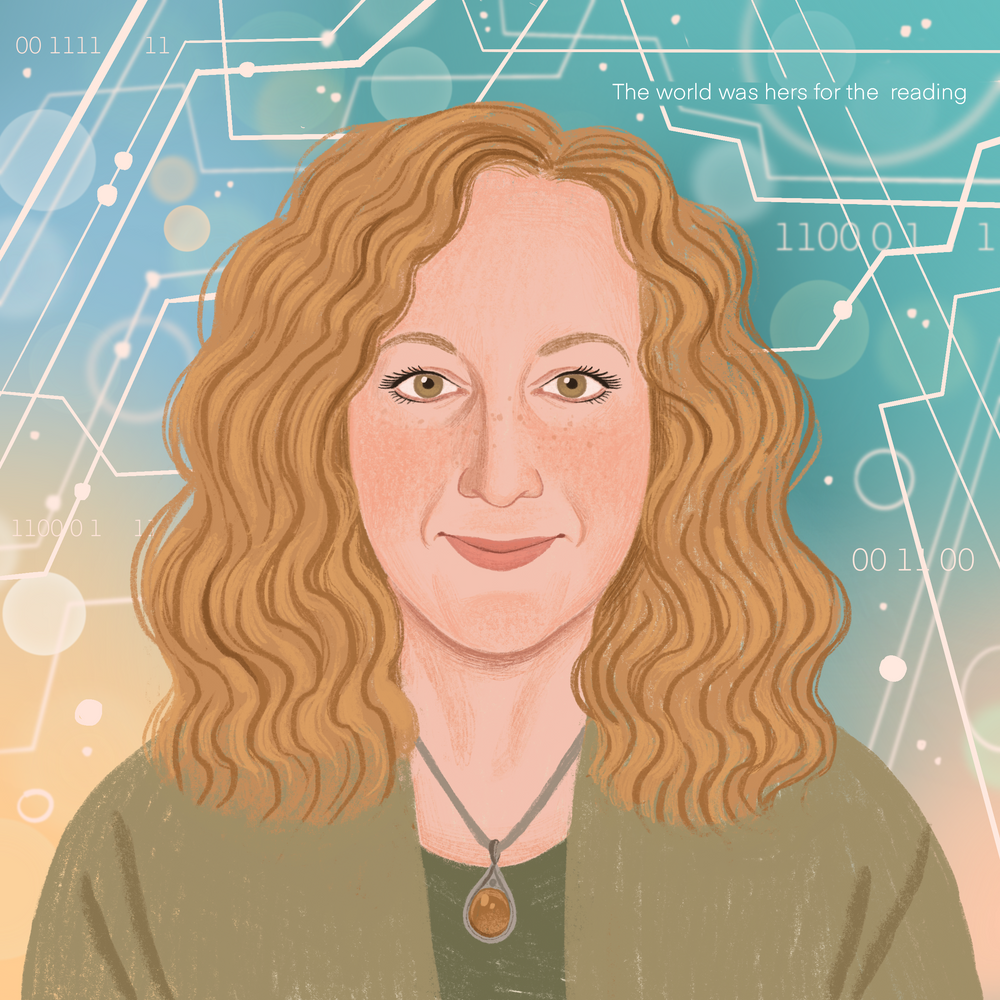Henry Jenkins, Kristin Fontichiaro and Barbara Jansen helped school librarians develop a better understanding of transliteracy and reading in a participatory culture in a warm collegial atmosphere at the AASL Fall Forum this past Friday and Saturday. David Lankes had an emergency that forced him to cancel. He was missed.
Here is a list of general big ideas, quotes and resources that I came away with and you might find useful too.
*Henry Jenkins’ definition of Participatory Culture – “1. Relatively low barriers for engagement. 2. Strong support for sharing creations with others. 3. Informal mentorship. 4. Members believe their contributions matter. 5. Care about others’ opinions of self and work. Not every member must contribute, but all must believe that they are free to contribute when ready and that what they contribute will be appropriately valued.”
*Transliteracy Definition - I latched on to one of the definitions that Kristin Fontichiaro had in one of her slides: “Transliteracy describes a set of skills to “read”, create, negotiate, interact with, and understand content in many genres or formats and the ability to move between them.” Visit her blog to view her slides. Don’t feel bad if you don’t know what transliteracy is!
*The Chicago Public Library’s You Media does an excellent job of facilitating learning experiences and mixing books and technology. School librarians can get plenty of ideas and inspiration from the YouMedia programs and physical space.
*School librarians are in the perfect position to “bridge the gap of participation” in reading and online communities. Participating is creating.
*Check out the You Tube Video of the Professor and Participatory culture and the Project New Media Literacies website –Lots to get here! http://playnml.wikispaces.com/PLAY%21
*Jenkins’ Four C’s of Participatory Culture = Collaborate, Circulate, Connect, Create
*Fontichiaro re-mixed the Four C’s above into six, adding cogitate and comprehend
*Check out the Harry Potter Alliance at http://thehpalliance.org/
*We can learn a great deal from remaking, mashing up and rewriting. An excellent example of this is Ricardo Pitts-Wiley’s work with incarcerated and at risk youth re-writing Moby Dick. Read Henry Jenkins’ blog post to learn more about this and check out MC Lars’s Moby Dick Rap, “Ahab.”
*An idea for active novel reading: give each student a photocopy of a page of a book and let them annotate and illustrate it.
* Teach students that Wikipedia is a process not a product.
*If a student’s only audience is his/her teacher, authenticity and learning potential becomes limited.
* Charles Friedman’s definition of Informantics is person plus computer is greater than person.In this same spirit, student plus computer plus school should be greater than student plus computer. Are we using technology in a way that makes this true? Is technology use in education enhancing our students’ content knowledge? Fontichiaro asked: “How far have we come in using computers to promote cognitive growth in the past 35ish years?”
*My understanding of the culminating point that Fontichiaro made in her presentation is that Vigorous learning with technology should: focus on content and curriculum, move students toward synthesis, be authentic and meaningful to the student, require a strong understanding of the genre or format being used to demonstrate learning, be as student-centered as possible, be greater than or enhance what a student could do without the technology.
*We looked at an entertaining YouTube video of a student’sHamlet report and discussed whether there was evidence of any of the elements above. Can you spot the learning?
*What does a good technology project look like? Attendees worked collaboratively in three different states to explore this question. See the documents here : http://bitly.com/bundles/activelearning/4
Barbara Jansen and Henry Jenkins wrapped up the forum together. I appreciated their uplifting and thoughtful messages. My head was spinning with all the learning! I know my students and faculty are going to benefit from everything I learned from this experience.



0 comments:
Post a Comment